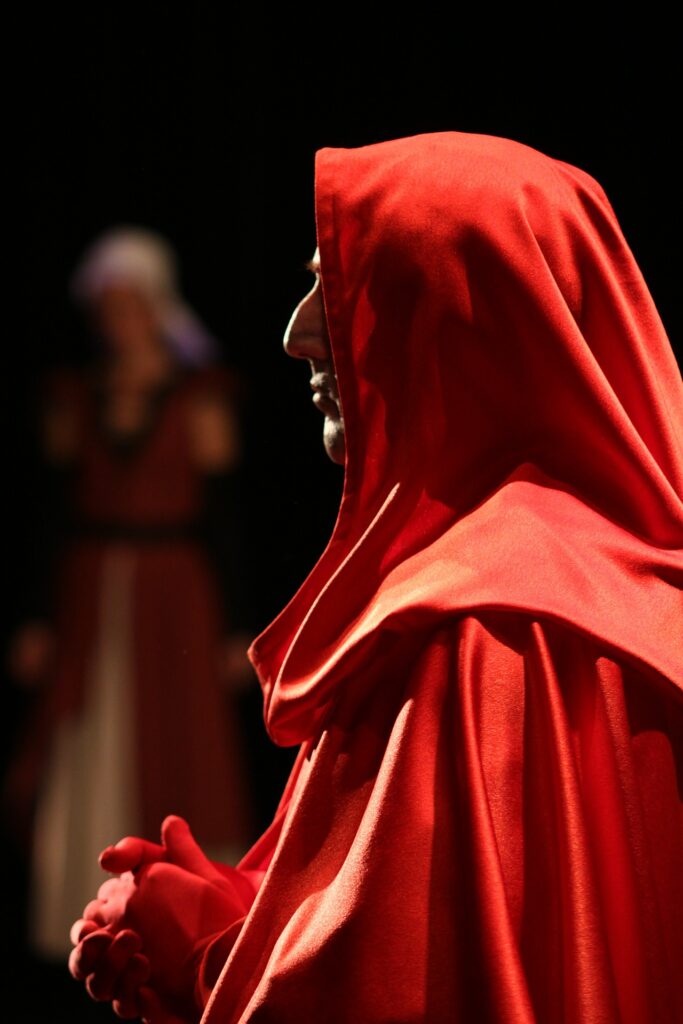
Francisca
Opera
Music Cosimo Colazzo
Libretto Giuliana Adamo
Facing-page translation from Italian into English, Paddy Twigg
© 2020/2024
Cosimo Colazzo (music), Giuliana Adamo (libretto) | SIAE – Roma
℗ 2020/2024

Associazione culturale Piazza del Mondo – Rovereto | segreteria@piazzadelmondo.it – www.piazzadelmondo.it

